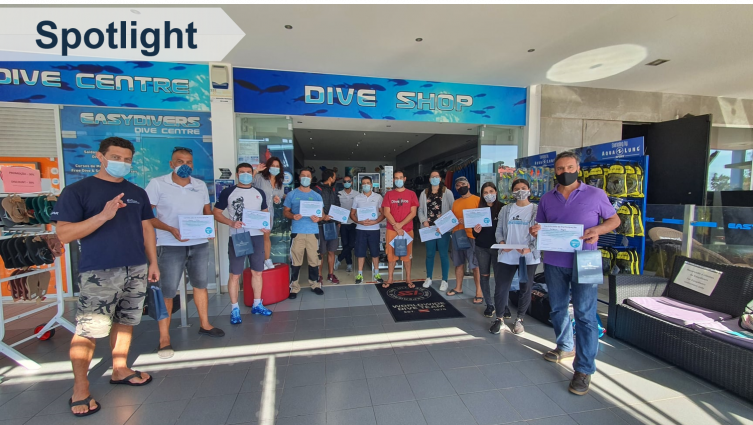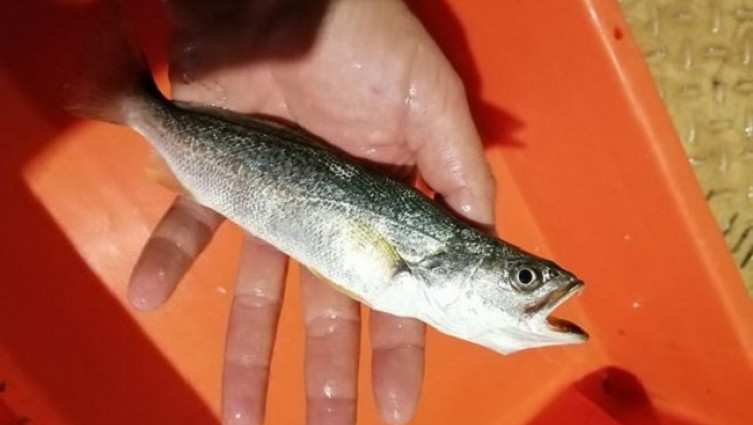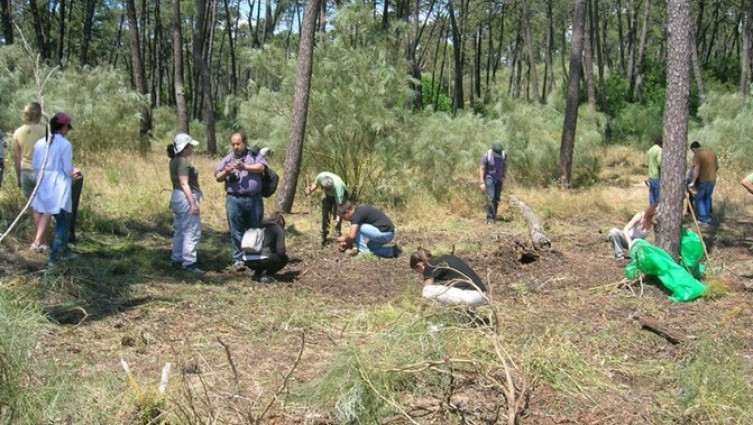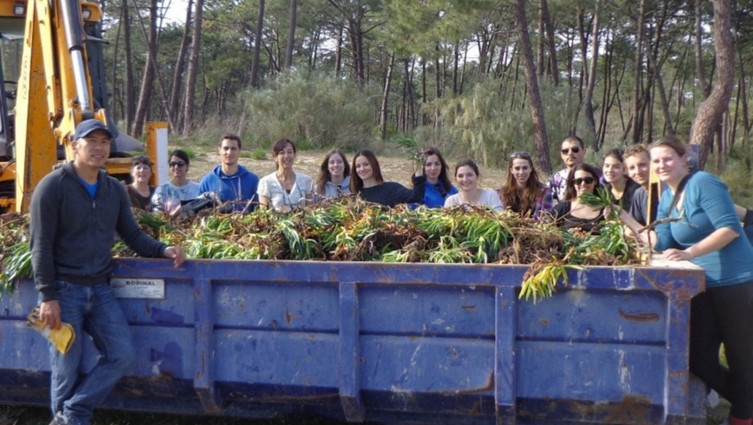Citizen science has successfully contributed to the study of biological invasions
Biological invasions are one of the many consequences of a globalized world and the impacts of human activity on the environment such as ecosystem degradation or overexploitation of resources. Humans have been redistributing species around the planet for millennia but the rate at which they now occur is unprecedented. Thus, early detection and eradication of invasive species are crucial to prevent significant economic impacts.
Citizen science projects became a valuable tool to detect non-indigenous species, document their spread, prevent dispersion, and eradicate localized populations. For more than two decades, the ECOREACH research group from CCMAR has been studying biological invasions along the Algarve, while collaborating with local citizens. Since 2019 that the research group has been recruiting citizen scientists to the citizen science project called NEMA – New Marine Species of the Algarve.
Citizen science projects have been successfully contributing to the progress of biological invasion research
Recently, our researchers João Encarnação, Alexandra Teodósio and Pedro Morais published in Frontiers in Environmental Science an article that revises the advances in citizen science applied to biological invasions. By analyzing 126 peer-reviewed articles that used citizen science methods or data concerning biological invasions, they found that with proper information, citizen scientists have been helping scientists to detect, track, and even eradicate or control the expansion of many biological invasions.
Successful citizen science projects have been able to adapt to the sociological profile of the community, establish simple and direct means of communication with citizens, and keep citizen scientists engaged with the project by developing field activities and sending updates about the scientific progress the citizens have helped to achieve.
Science can progress faster and act on time with the support of citizens
The article shows that science can progress faster and act on time with the support of everyday citizens, especially on an ever-changing field of study as biological invasions. The engagement of citizens in citizen science projects dictates its success and necessarily reflects the interests and concerns of a community. Gathered data must always be subjected to quality control and audit actions, to integrate citizen science data on national monitoring plans. Scientific literacy must also be a key concern while empowering citizens to make effective contributions for integrated management plans of biological invasions.
You can read the full article HERE.






